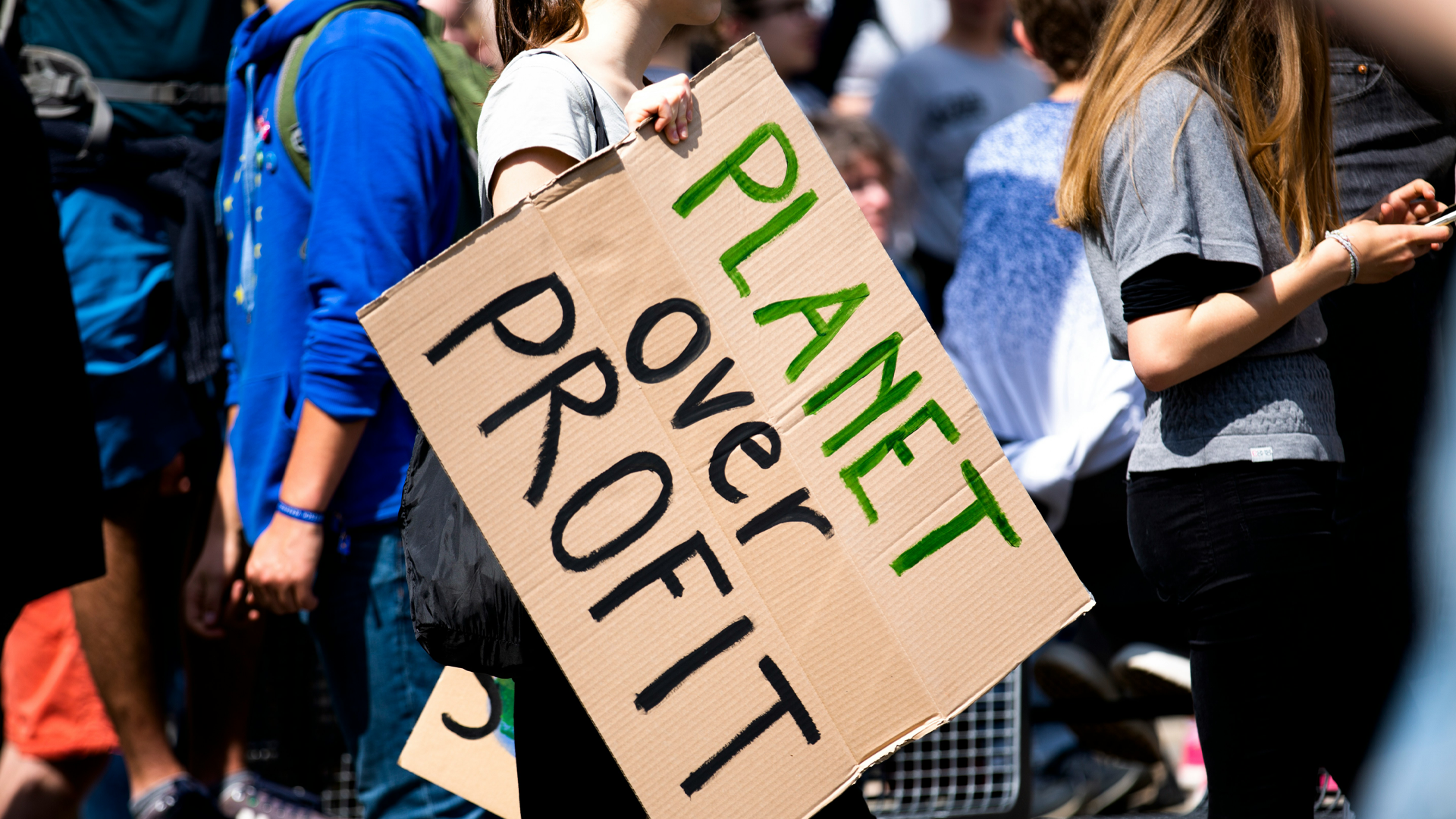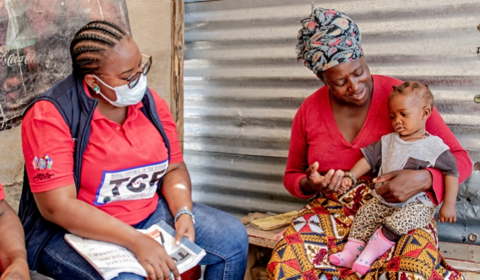New research by the Curtin University shows that young people in Australia have significant, life-impacting concerns about the state of the climate.
Climate anxiety amongst Gen Zers is at an all-time-high.
A new study by Curtin University has found that Australian young people have drastic concerns about the climate crisis, so much so that it is impacting their lives and may have wider consequences in their long-term futures.
Gen Z’s Climate Anxiety: A Call for Action and Hope
A new study highlights the significant impact of climate change on Generation Z, revealing an overwhelming majority—over 80%—are grappling with climate anxiety.
This anxiety manifests as fear and distress about the planet’s… pic.twitter.com/cNJBA8g3HR
— Neuroscience News (@NeuroscienceNew) March 5, 2024
Part of Sustainable Earth Reviews, the study surveyed 446 Australian university students and was conducted between September 2021 and April 2022. More than 80% of those who were asked said they were ‘concerned’ or ‘very concerned’ about the climate crisis.
We’ve written before about climate anxiety and its increased prevalence with younger generations. It’s become such a common issue that a full-fledged market has emerged to help ease everyday mental health relating to climate change.
Products such as feed-altering Google extensions and apps like Earth Hero that track and calculate your carbon footprint promise to help young people get a handle on a problem that feels existential and beyond our individual control.
All that’s well and good, but what is climate anxiety?
Climate anxiety is when worries about the planet’s health develop into overwhelming distress and intrusive, upsetting thoughts. It can translate into feelings of insecurity, anger, fear, and exhaustion.
Dora Marinova, Professor of Sustainability at Curtin University, said that Gen Z’s climate anxiety was a major contributing factor toward their overall unease toward the future.
‘These young people are very concerned and, in a way, intimidated by the lack of concrete action being taken to battle climate change.’
I learned how much of people’s emotion around climate change is rooted in feeling isolated—they felt alone with this nightmare fear. The climate is, by definition, a shared experiencehttps://t.co/T38UwoNW9q
— Mónica Monsalve (@mariamonic91) March 5, 2024




















